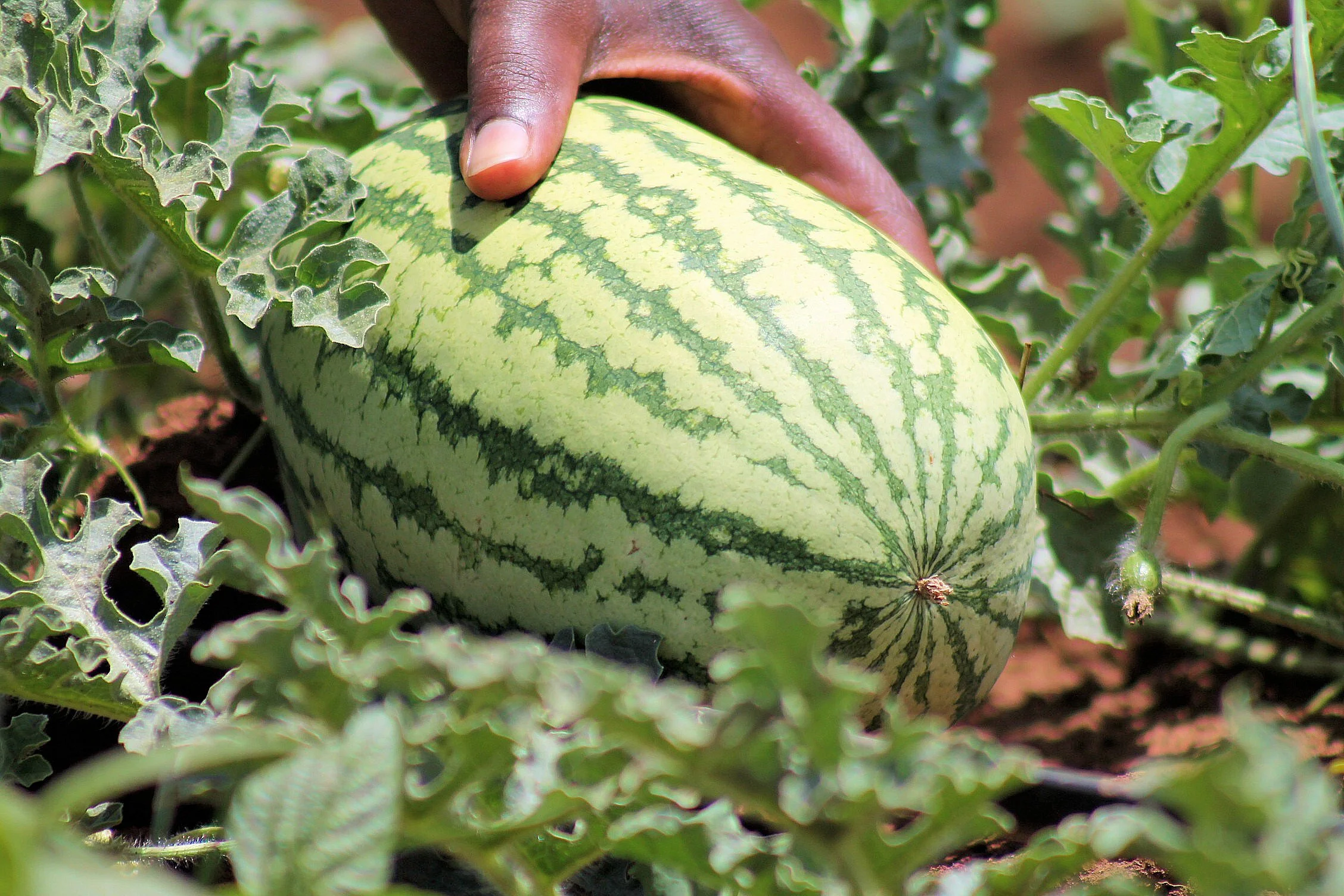Happy Earth Day 2023!!!!
EARTH HOUR
Simple Practices that can Help Keep Planet Earth Safe
In the face of ongoing environmental issues like climate change, pollution, and loss of biodiversity, it's important for everyone to do their part to help keep planet Earth safe. While it may seem daunting to tackle such a large issue, there are simple practices that each of us can adopt in our daily lives to make a positive impact. Here are various practices that can help keep planet Earth safe:
Support Climate Smart Agriculture: CSA practices aim to increase productivity and income while at the same time improving adaptation and resilience of farmers to the impacts of climate change. In so doing CSA develops best practices and tradeoffs for mitigation or reduction of greenhouse gas emissions. Supporting CSA ultimately helps to promote healthy ecosystems and protect biodiversity.
Plant Trees: Trees absorb carbon dioxide and other pollutants from the air and produce oxygen. Planting trees helps to combat climate change, prevent soil erosion, and provide habitat for wildlife
Support Sustainable Businesses: Supporting businesses that prioritize environmental and social responsibility is a powerful way to encourage sustainability practices. Look for businesses that use eco-friendly materials, support fair labor practices, and prioritize sustainability in their operations.
Reduce, Reuse, and Recycle: This familiar phrase is an essential part of protecting the environment. By reducing our use of single-use plastics and packaging, reusing items whenever possible, and recycling materials, we can help conserve natural resources and reduce waste in landfills and oceans. We can reduce the use of plastics by using reusable bags, water bottles, and containers.
Use Sustainable Transportation: Transportation is a major contributor to greenhouse gas emissions. Using sustainable modes of transportation like walking, biking, or public transport can help reduce our carbon footprint. If driving is necessary, consider carpooling or investing in an electric or hybrid vehicle.
Use Energy Efficient Appliances: Choosing energy-efficient appliances can have a significant impact on reducing energy consumption and greenhouse gas emissions. Look for appliances with the ENERGY STAR label, which indicates that they meet energy efficiency guidelines set by the U.S. Environmental Protection Agency. In Kenya check out appliances rated over 3 stars by the Energy and Petroleum Regulatory Authority.
Eat a Plant-Based Diet: Animal agriculture is a major source of greenhouse gas emissions and deforestation. By adopting a plant-based diet, we can reduce our environmental impact while also promoting health and well-being.
Conserve Water: We can conserve water by taking shorter showers, fixing leaky faucets, and using low-flow toilets. Conserving water helps to preserve this precious resource and reduce the strain on our environment.
Educate Yourself and Others: Educating yourself and others about environmental issues and sustainable practices is essential in creating a more sustainable world. The more we know, the more we can do to protect our planet.
By adopting these simple practices, each of us can make a meaningful contribution to keeping planet Earth safe. Let's commit to doing our part and encourage others to join us on this journey towards a more sustainable future.
REFERENCES
United Nations Environment Programme. (2019). Global Environment Outlook. Retrieved from https://www.unep.org/resources/global-environment-outlook-6
U.S. Environmental Protection Agency. (2021). ENERGY STAR. Retrieved from https://www.energystar.gov/
Food and Agriculture Organization of the United Nations. (2013). Tackling climate change through livestock: A global assessment of emissions and mitigation opportunities. Retrieved from http://www.fao.org/3/i3437e/i3437e.pdf
B Lab. (n.d.). What is B Corp Certification? Retrieved from https://bcorporation.net/about-b-corps



